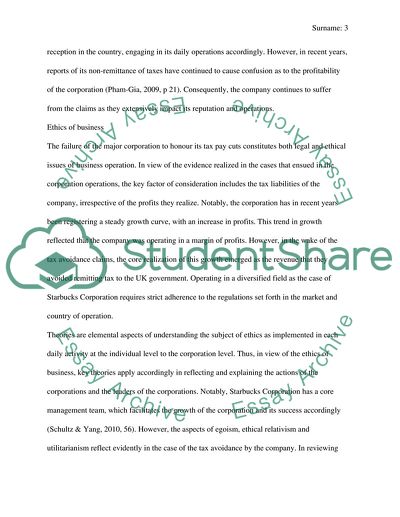Cite this document
(“To investigate and analyse the tax avoidance of Starbucks in UK Essay”, n.d.)
To investigate and analyse the tax avoidance of Starbucks in UK Essay. Retrieved from https://studentshare.org/miscellaneous/1674099-to-investigate-and-analyse-the-tax-avoidance-of-starbucks-in-uk
To investigate and analyse the tax avoidance of Starbucks in UK Essay. Retrieved from https://studentshare.org/miscellaneous/1674099-to-investigate-and-analyse-the-tax-avoidance-of-starbucks-in-uk
(To Investigate and Analyse the Tax Avoidance of Starbucks in UK Essay)
To Investigate and Analyse the Tax Avoidance of Starbucks in UK Essay. https://studentshare.org/miscellaneous/1674099-to-investigate-and-analyse-the-tax-avoidance-of-starbucks-in-uk.
To Investigate and Analyse the Tax Avoidance of Starbucks in UK Essay. https://studentshare.org/miscellaneous/1674099-to-investigate-and-analyse-the-tax-avoidance-of-starbucks-in-uk.
“To Investigate and Analyse the Tax Avoidance of Starbucks in UK Essay”, n.d. https://studentshare.org/miscellaneous/1674099-to-investigate-and-analyse-the-tax-avoidance-of-starbucks-in-uk.


